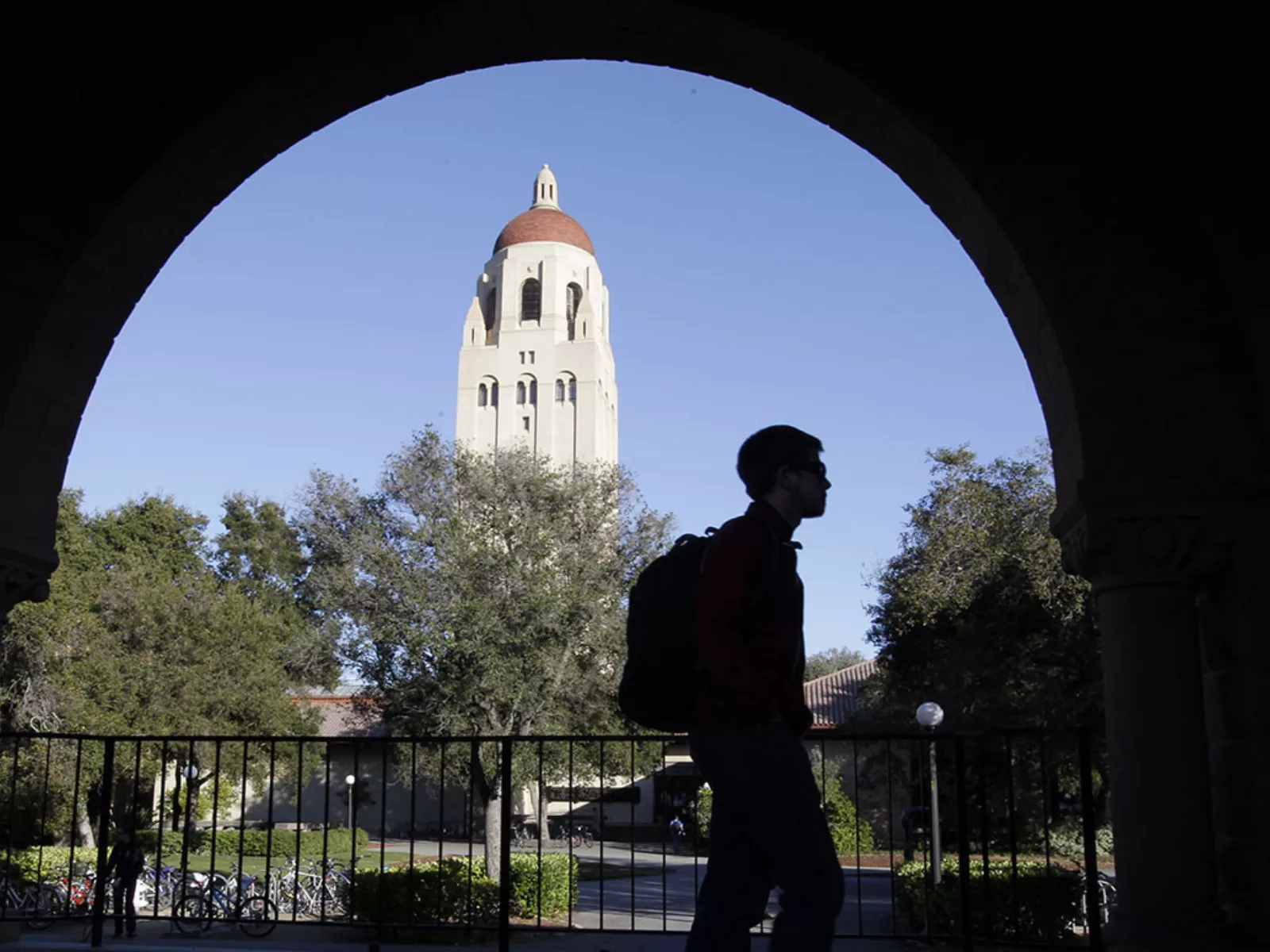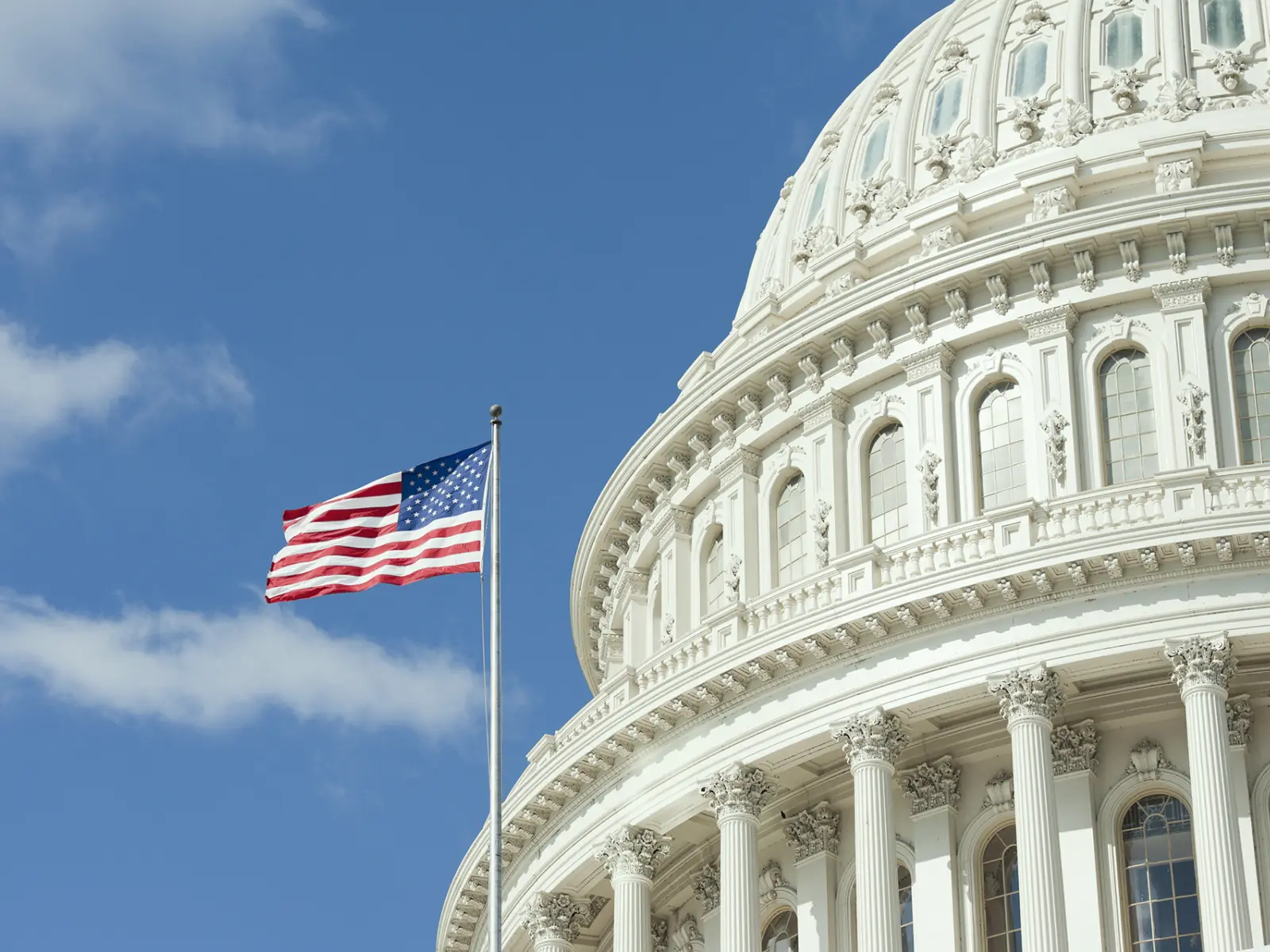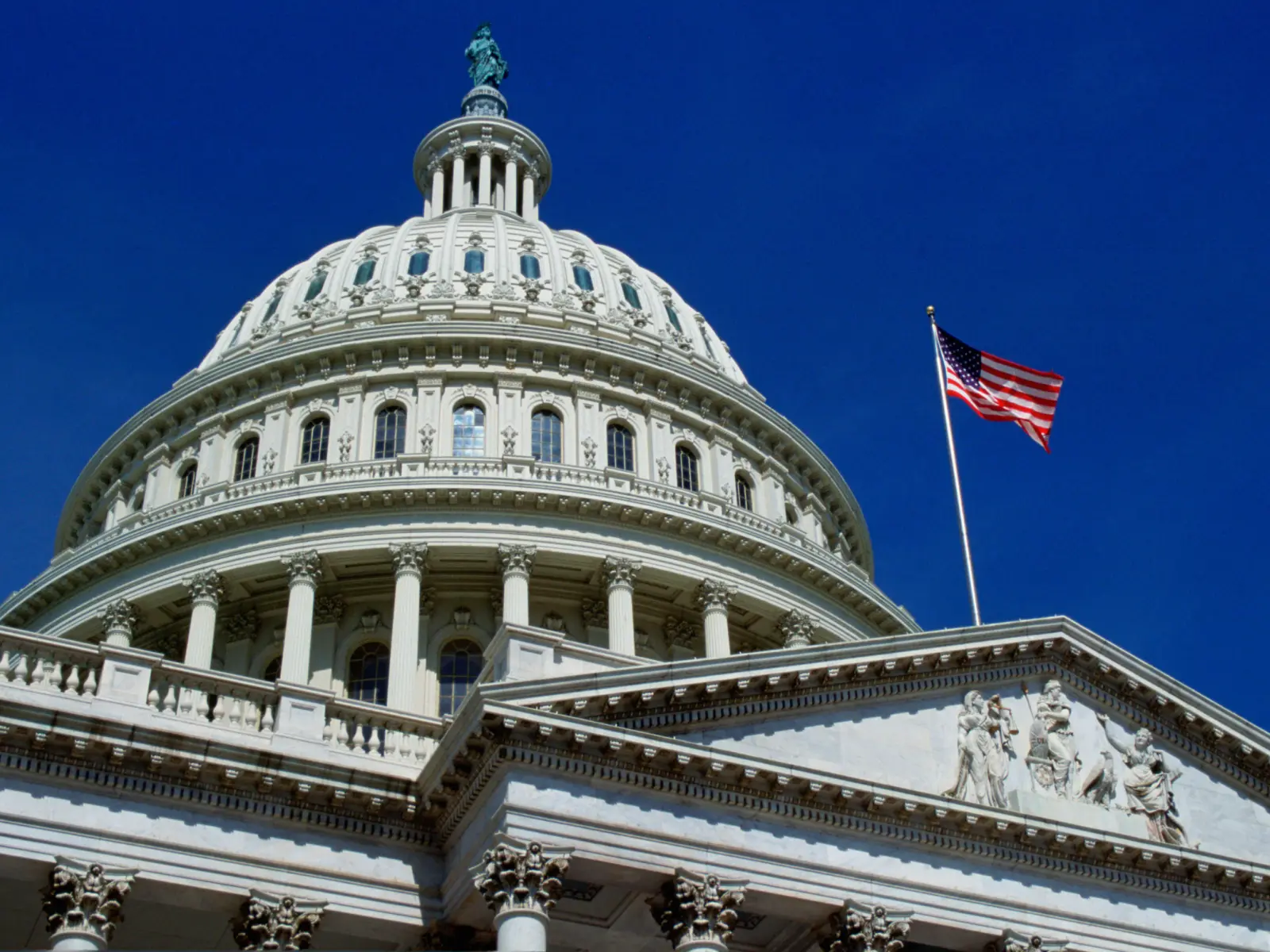As Congress debates reforms to extend the Tax Cuts and Jobs Act (TCJA) without increasing the federal deficit, it should strongly consider targeting the “buy-borrow-die” loophole. Imposing an excise tax to effectively close this loophole could result in up to $147 billion in savings. That is the case laid out in a new op-ed from George Callas, Executive Vice President of Public Finance at Arnold Ventures, which explores what has been called “the mother of all tax loopholes.”
Under the status quo, the taxation of capital gains occurs after an asset is sold, permitting owners of assets to defer their tax liability by holding them indefinitely. The rule also provides for the step-up of an asset’s basis to fair market value at the time of death, which converts this deferral into a permanent exemption.
Increasingly, individuals are taking advantage of this exemption by borrowing against their unrealized gains and monetizing those gains so they can be used for consumption without triggering a taxable event. This strategy, known as “buy-borrow-die,” is a tax planning technique which involves buying assets, such as stocks, that appreciate in value, borrowing against the appreciation at a low interest rate, and finally passing the assets down to heirs free of any income tax.
This strategy disproportionately benefits taxpayers with substantial, accumulated unrealized gains. Closing the “buy-borrow-die” loophole would prevent wealthy Americans from using the tax code to avoid paying taxes on income, while saving up to $147 billion.
Any effective solution should be targeted at borrowing motivated by tax arbitrage, and an excise tax represents the most direct solution available. According to a Bipartisan Policy Center/Tax Foundation analysis, an 8% excise tax rate on BPC’s version of the proposal yields $100 billion. Using a larger tax base, The Budget Lab analyzes excise tax options that bring in between $102 billion and $147 billion, depending on the base used.
Imposing an excise tax on “buy-borrow-die” transactions is just one of the 20 policy ideas Arnold Ventures has outlined to help Congress do both: make pro-growth tax relief permanent and ensure long-term fiscal responsibility. All told, the 20 priority reforms we’ve developed could generate up to $4 trillion in savings.
To learn more, click on the below resources:
- Bipartisan Policy Center: Paying the 2025 Tax Bill: Step Up in Basis and Securities-Backed Lines of Credit


















